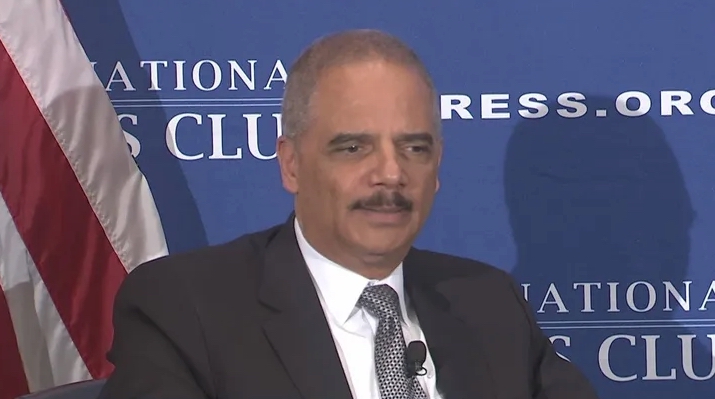A number of small firms seek to avoid key provisions within the Patient Protection and Affordable Care Act that will trigger higher health insurance premiums starting January 1, 2014.
A recent Wall Street Journal article explains that small businesses with healthier employees will face higher health care costs due to mandated benefits employers must offer. Small businesses are making a strategic move in the Obamacare chess game by self-insuring their workers, while insurance companies are also allowing them to renew their self-insure health plans before Jan. 1 to avoid the federal health law’s costly provisions.
When businesses self-insure, they pay their employees’ medical costs directly, rather than joining a traditional managed-care plan. Under self-insured plans, employers also hire benefits firms or insurance companies to administer their health plans.
The self-insure approach does pose a risky option in the cases of catastrophic events that leave employers with large medical bills.
Meanwhile, the self-insure approach does temporarily threaten the fluidity of the health insurance exchanges that are supposed to be launched on January 1, 2014 – the online marketplace where employers and individuals shop for health plans regulated under the federal health law. If small firms with healthy employees hold off on the exchanges for another year, premiums may rise even more for older or more sickly employees who receive health benefits via the exchanges.
For more details, read here.


